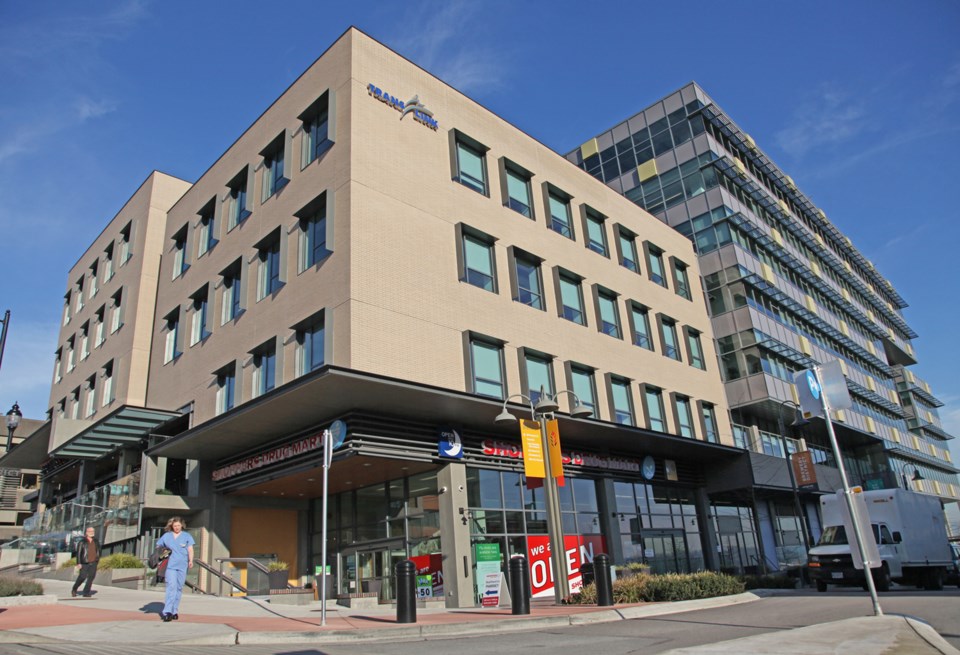The recent transit plebiscite was an enormous waste of time and money, according to Burnaby Mayor Derek Corrigan, who never supported the ballot vote.
“It was a regrettable waste of much-needed money in the transit system, and that’s probably the biggest disappointment out of all of this,” he said.
While he thought the mayors backing the plebiscite referendum had their hearts in the right place, he said he was disappointed they didn’t all refuse to take part in what he saw as a flawed process.
“As you know, very early on I said we shouldn’t be going through this referendum process,” he said. “It was wrong-headed from the very beginning.”
Getting public approval on tax hikes for transit was always going to be an uphill battle, and Corrigan said he wasn’t surprised by the results of the plebiscite.
The plebiscite question asked whether voters would accept a 0.5 per cent increase to the PST to help fund 10 years’ worth of transit projects put forth by the Mayors’ Council. In total, 61.68 per cent of registered voters in Metro Vancouver rejected the plan, with 48.64 per cent of registered voters in the region sending in their ballots. Elections B.C. released the results last Thursday.
“Realistically, it’s impossible to be able to go out and get public approval for one portion of the job that government has to do,” he said. “It’s a bad way to make public policy.”
Burnaby in particular wasn’t set to benefit from the planned projects, with only a handful of improvements for the city included in the plan. Registered voters in Burnaby were strongly against the plan, with 64.94 per cent voting No and 35.06 per cent voting Yes.
However, Corrigan said it wasn’t necessarily that – or the fact that the city’s mayor disapproved of the plan – that led Burnaby voters to veto it so heartily. It is the public’s perception of TransLink and how it is governed that played the biggest role in the results, he said.
“I think if there was one major factor in the No vote, it was people’s lack of confidence in TransLink that really was the determinative factor,” he said.
“And as a result, I think that the only way to restore confidence in TransLink is to put it back into the municipal control, is to have the mayors making the decisions with the limited resources that are available, and begin to convince the public that if they do put more money in, it will be well spent.”
Last week, TransLink’s interim CEO Doug Allen refuted the idea that TransLink was rejected by voters rather than the tax increase itself.
“I know some of you will say this is about TransLink,” he said at a press conference on Thursday. “No, it is not.”
Allen went on to say the system is recognized by experts for its efficiency. The issue came down to the increased cost to voters, he said.
TransLink will review the system and work with the provincial government and the Mayors’ Council on a funding solution, he added.



